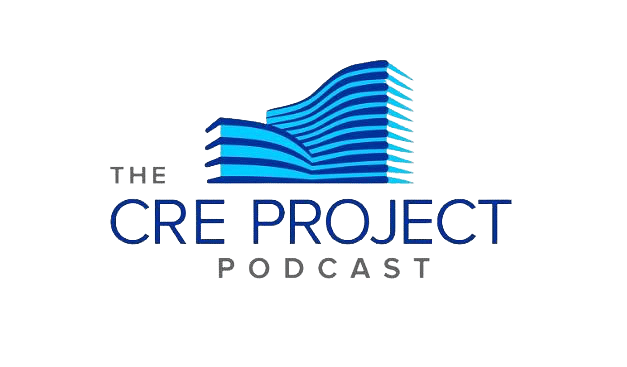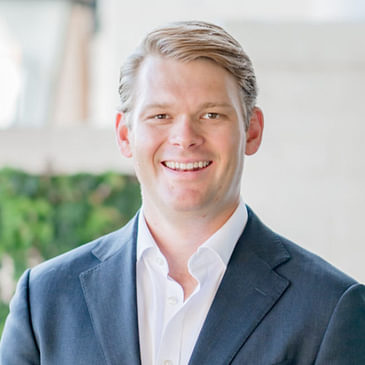Curious to know how a landscaper and residential real estate agent became the founder of a successful commercial real estate firm?
Discover how Grant's diverse career path, from selling houses to cold-calling for hotels, ultimately led him to establish Stoic Equity Partners. Tune in as he unveils his journey and the crucial experiences that shaped his entrepreneurial success.
Join us as Grant recounts his early struggles, finding his footing in commercial real estate, and the pivotal moments that led to the creation of Stoic Equity Partners. Learn about the importance of mentorship, the challenges of raising capital, and the strategic decisions that shaped their enterprise. Grant shares both successes and setbacks, offering valuable lessons on deal structuring, investor relations, and market insights.
This episode is a must-listen for aspiring real estate investors, entrepreneurs looking for guidance on building a business, and anyone interested in commercial real estate. Listen in to gain practical advice and inspiration from Grant's remarkable story and his expertise in the industry.
Episode Highlights:
00:59 - Grant's Career Journey
01:27 - Early Career and Real Estate Beginnings
03:14 - Transition to Commercial Real Estate
04:53 - Founding Stoic Equity Partners
05:55 - Challenges and Lessons in Real Estate
11:13 - Balancing Brokerage and Principal Roles
15:06 - Building Stoic Equity Partners
18:51 - Raising Capital: Strategies and Challenges
23:44 - Successes and Learning Experiences
28:03 - Closing the Deal: Lessons Learned
28:37 - Project Update: Current Status and Challenges
29:22 - Partnerships and Early Career Insights
30:16 - Success Stories: Flex Industrial Strategy
31:06 - Structuring Syndication Deals
35:41 - Navigating Investor Relationships
39:34 - Market Trends and Investment Strategy
45:01 - Finding Deals in Secondary Markets
47:12 - Building Broker Relationships
50:13 - Resources and Advice for Aspiring Investors


